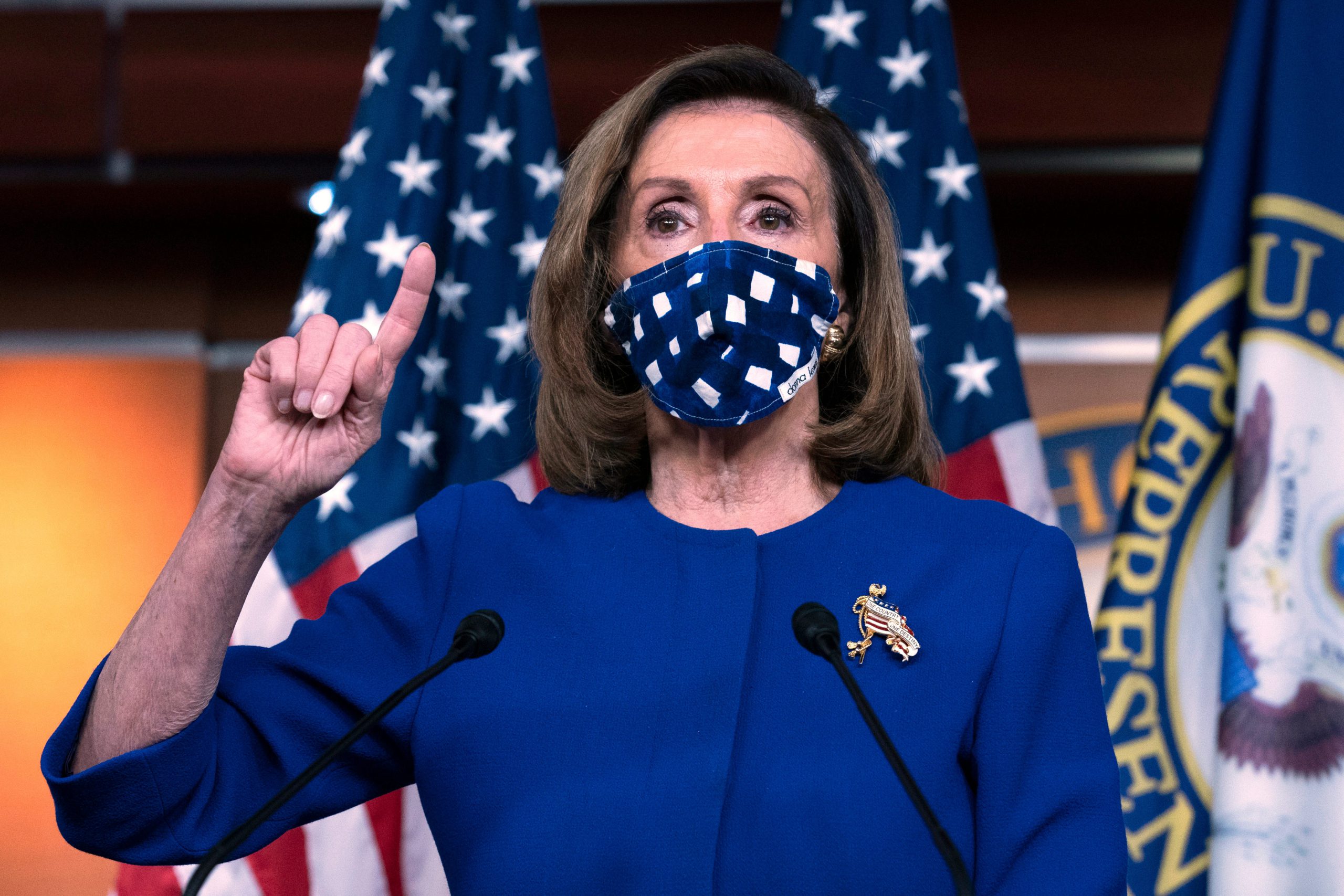

The House of Representatives will vote Monday evening on overriding President Donald Trump’s veto of the National Defense Authorization Act. If it passes, it will be the first override during Trump’s tenure as president and a final rebuke of the president just weeks before he leaves office.
The override needs the support of two-thirds of those voting. If it passes, it will head to the Senate, where the chamber could take up the override on Tuesday.
The NDAA, a $741 billion national security package, will raise troops' pay, direct the purchase of weapons and set military policies.
The legislation also addresses stripping names, symbols, displays, monuments and other paraphernalia that honors the Confederacy. It would establish a commission to study and develop a plan, its cost and the criteria for renaming bases such as the Army's Forts Benning, Bragg, Hood and others. Trump has previously said that he is against changing the names of bases named for Confederate military leaders.
Despite overwhelming support in the House and Senate, Trump also criticized the legislation for not including language that would strip social media companies from the protections they enjoy under Section 230 of the Communications Decency Act. The measure, adopted in 1996, prevents companies such as Twitter and Facebook from being sued by anyone claiming to be harmed by a post.
The president, who claims social media companies are biased against conservatives, has said Section 230 is a threat to national security.
"I am returning, without my approval, H.R. 6395. ... My Administration recognizes the importance of the Act to our national security. Unfortunately, the Act fails to include critical national security measures, includes provisions that fail to respect our veterans and our military's history, and contradicts efforts by my Administration to put America first in our national security and foreign policy actions. It is a 'gift' to China and Russia," the president wrote last week when vetoing the legislation.
Top Republicans like House Minority Leader Kevin McCarthy, R-Calif., and House Minority Whip Steve Scalise, R-La., have said they will vote against the override. McCarthy noted in a statement after Trump’s veto, that he would support the president’s decision. Scalise had previously voted against the legislation.
Despite leadership siding with the president, other Republicans have previously said they supported an override.
In a statement after Trump’s veto, Rep. Liz Cheney, R-Wyo., the No. 3 Republican in the House, said in a statement that “Congress must uphold its highest responsibility — providing for the defense of this nation — and ensure this bill becomes law.”
Rep. Mac Thornberry, R-Texas, told reporters on a conference call on Dec. 8 that if the legislation was vetoed, he hoped House Speaker Nancy Pelosi and House Majority Leader Steny Hoyer “would have us back to vote on an override.”
“The Congress was rightfully subject to criticism when it was leaving for Christmas with a government shutdown. We would be rightfully subject to criticism when we can't come back, and military pay is being cut,” Thornberry said. “So I think it would be the appropriate thing to do.”
Contributing: Matthew Brown, Tom Vanden Brook, Nicholas Wu and Christal Hayes
Source link







